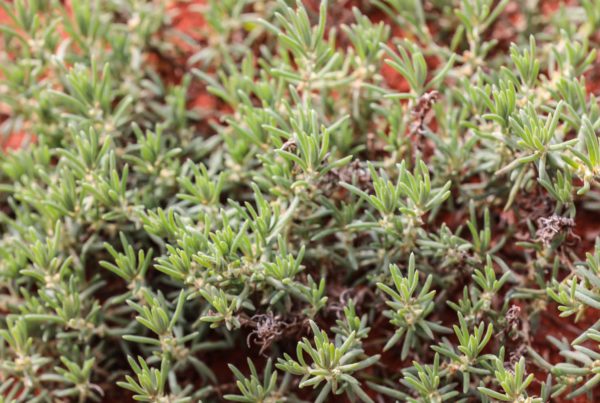Project Information
Darling River Conservation Initiative Site 14
Human Induced Regeneration
Although it’s early days for this regeneration project, the spider webs the landholder sees in the morning dew are a clear sign the country is recovering. “When you see so many webs, you know the insects are hiding beneath the new grass. The spiders eat pests that fly in, and in turn the ground cover provides them with protection from the frost. They are one of the most important parts of the ecosystem,” he says. And since implementing his project, the ecosystem on the land is definitely improving.
Prior to the carbon project, the land was struggling. Since introducing rotational grazing to regenerate native vegetation, ground cover has increased which the landholder says has improved the moisture-holding content in the soil and drought proofed the property by allowing mulch to seep deeper into the soil profile.
Seeing the results from the project has also motivated the landholder to take more action on the farm and ‘earn’ his carbon money. “Rather than delaying a muster, the project gives me accountability to get out there and remove the goats. The areas they used to hammer have already started coming back,” he says.
The combination of removing grazing pressure from feral animals and rotating his cattle has delivered real benefits. “Previously, I could only see the grasses the goats and cattle don’t eat. Now the country is well rested, there’s more vegetation diversity and palatable plants are emerging for the first time in a while,” he says.
Key Benefits
We support the Sustainable Development Goals


Statistics
Methodology
Human-Induced Regeneration of a Permanent Even-Aged Native Forest – 1.1 Methodology Determination 2013
Registered ID
Date registered
May 2020
Project area
8,087 ha
Permanence
100 yrs
Location
Bourke, NSW





















